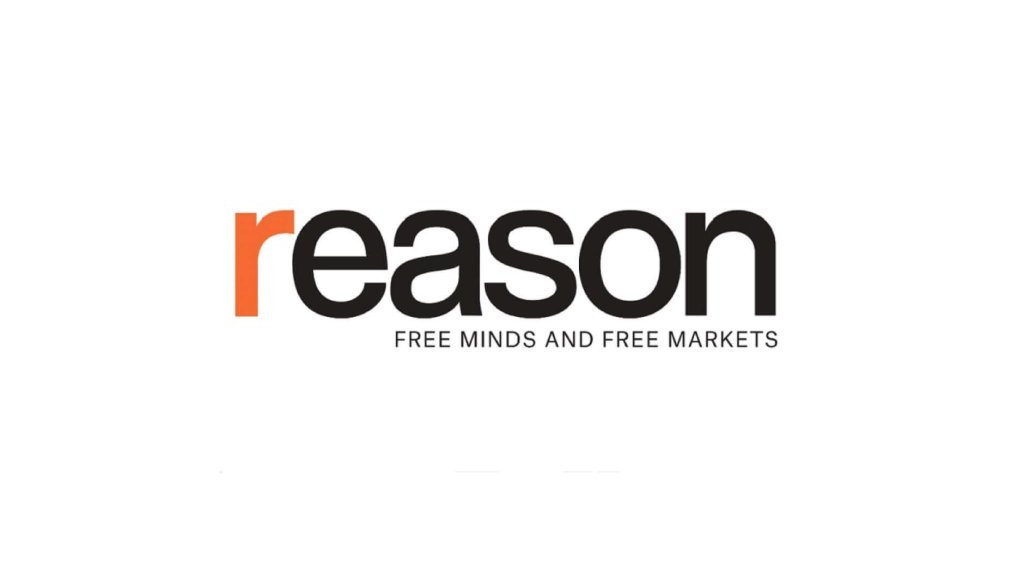“When the Supreme Court Spoke With One Voice” But Was Ignored By Everyone
Last week, in Garcia v. Noem, Judge Wilkinson invoked President Eisenhower’s decision to send federal troops to integrate Central High School in Little Rock. And yesterday, Jeff Toobin called on the Roberts Court to reaffirm Cooper v. Aaron to stop Trump. His piece was titled, “When the Supreme Court Spoke With One Voice.” Toobin wrote:
The choice for the court is clear: Either the justices will reaffirm the holding of Cooper that the federal judiciary is “supreme in the exposition of the law of the Constitution” or they will cede that authority to Mr. Trump and his aides. Abdicating its role to the executive branch would not only demean the judicial function but also invite chaos, as the nation wonders, case by case, which branch of government has the last word.
To preserve their authority, as well as the rule of law, the justices must reclaim what their predecessors in 1958 knew to be the only honorable and lawful course. And when they do, it would be even better if all nine of them in 2025 also signed their names.
In Cooper, the Supreme Court may have spoken with one voice, but it was largely ignored.
The crisis in Little Rock, and the Supreme Court’s resulting decision in Cooper v. Aaron, are poorly understood. In my post, I included an excerpt from our 100 Cases book which summarizes the case. I would also recommend my article in the Georgetown Law Journal, The Irrepressible Myth of Cooper v. Aaron.
Should Cooper provide a basis for the Supreme Court to reaffirm the principle of judicial supremacy against President Trump? No, it should not.
First, Cooper was not a victory for
Article from Reason.com

The Reason Magazine website is a go-to destination for libertarians seeking cogent analysis, investigative reporting, and thought-provoking commentary. Championing the principles of individual freedom, limited government, and free markets, the site offers a diverse range of articles, videos, and podcasts that challenge conventional wisdom and advocate for libertarian solutions. Whether you’re interested in politics, culture, or technology, Reason provides a unique lens that prioritizes liberty and rational discourse. It’s an essential resource for those who value critical thinking and nuanced debate in the pursuit of a freer society.




